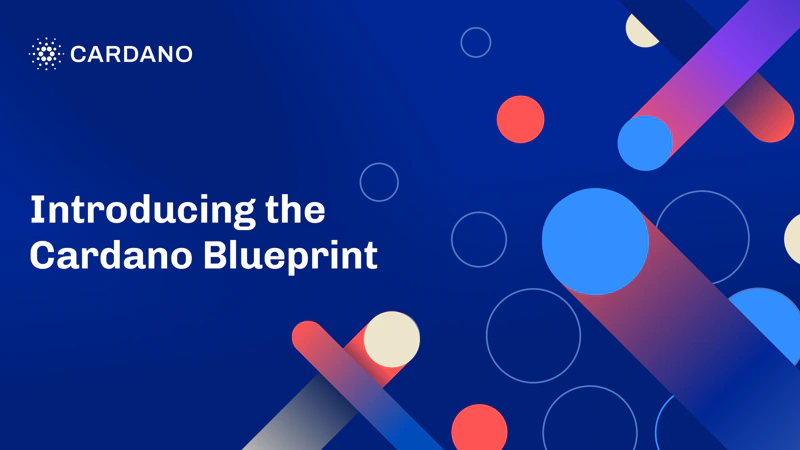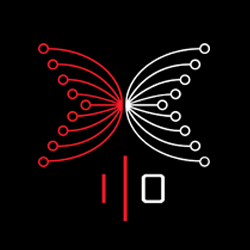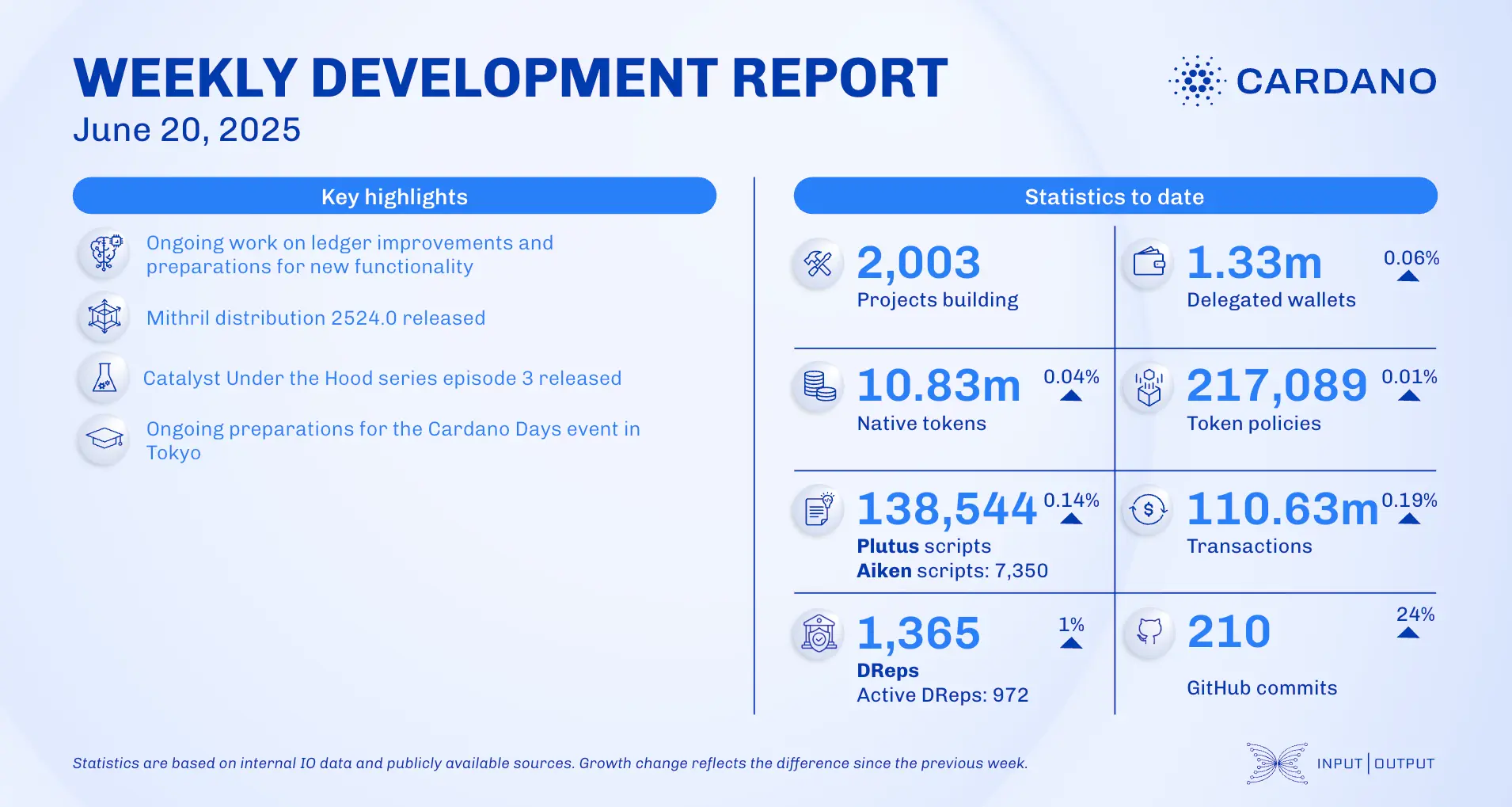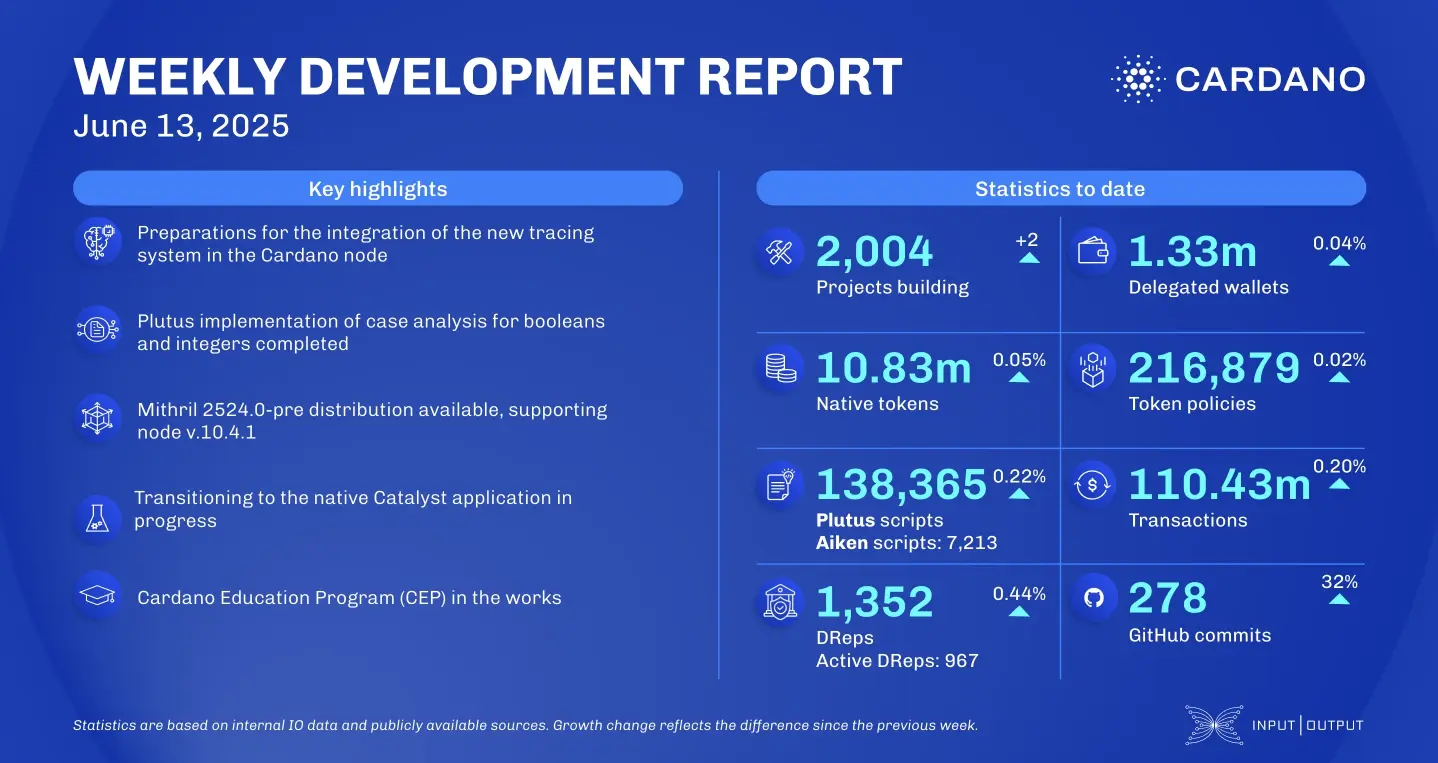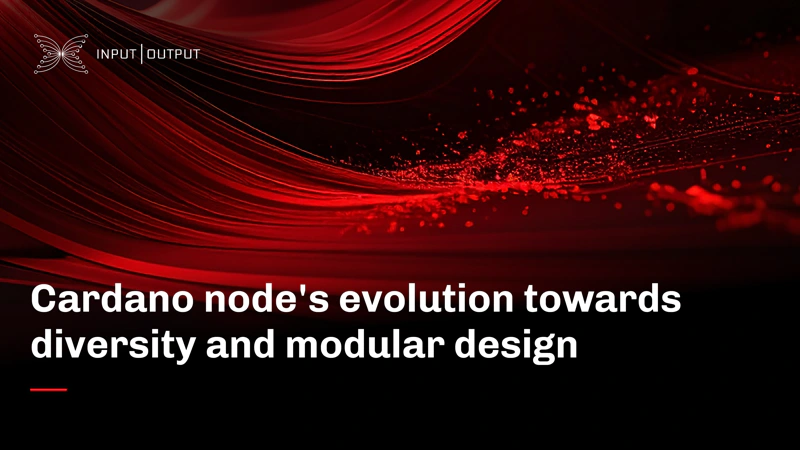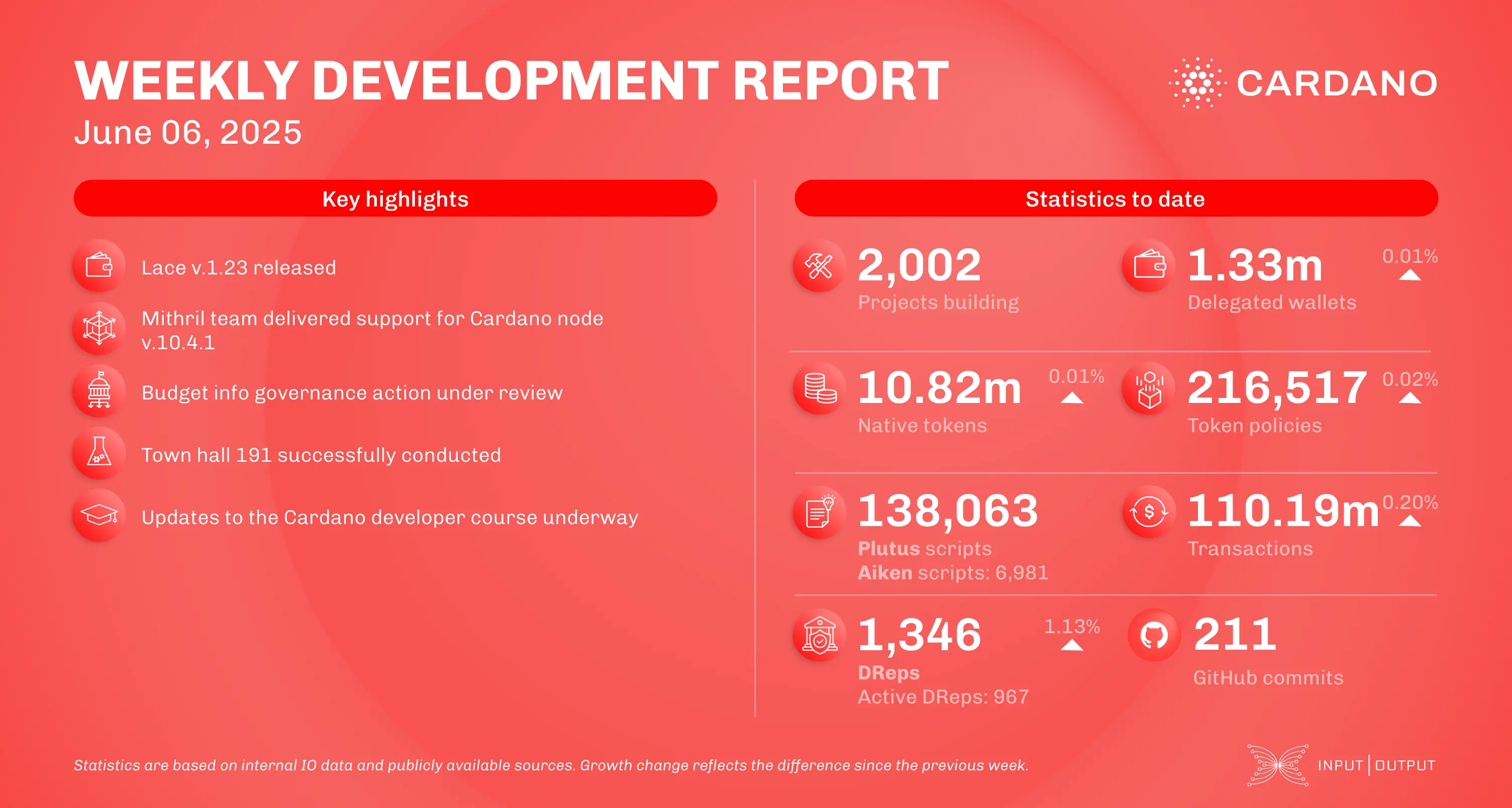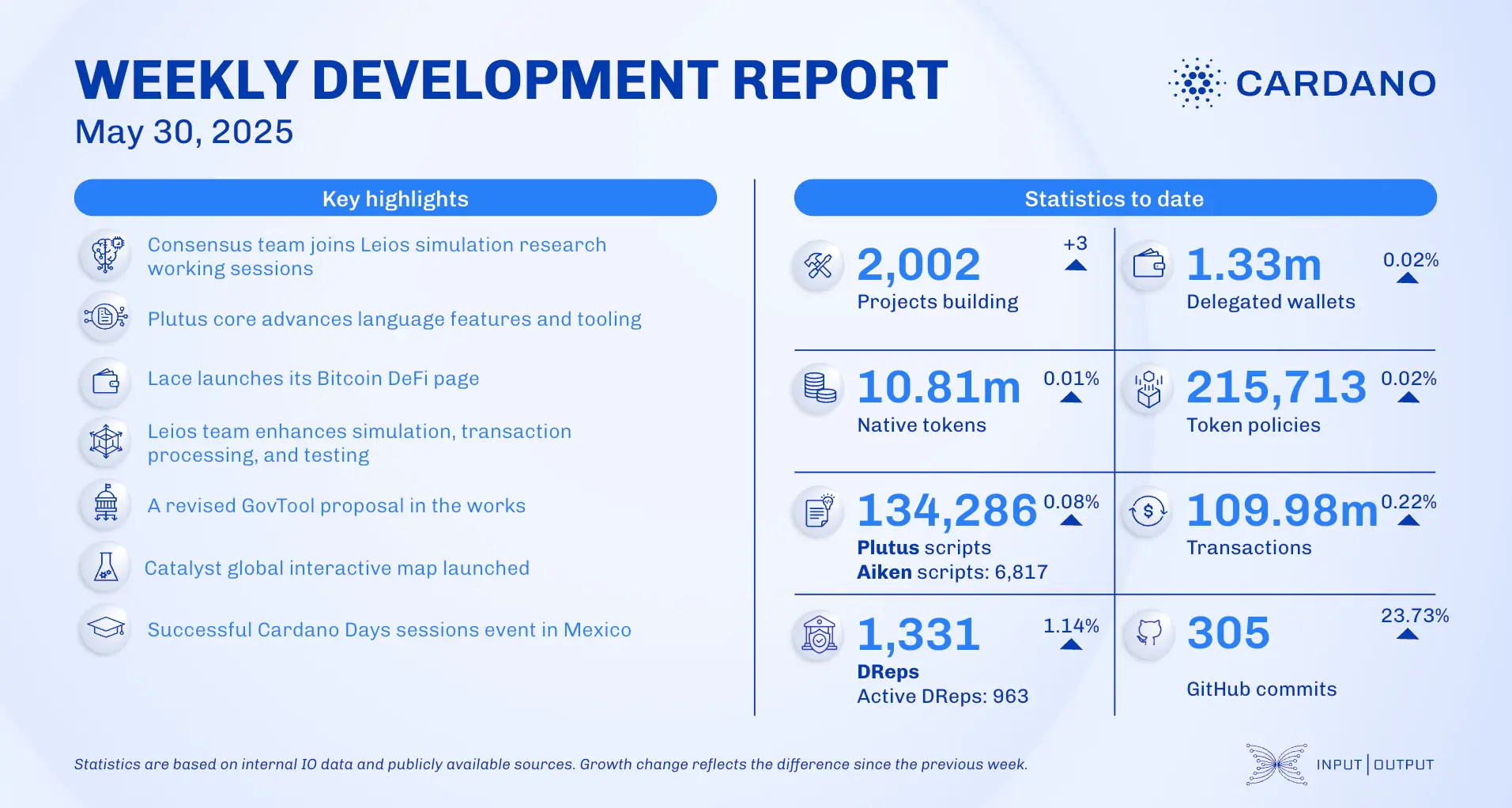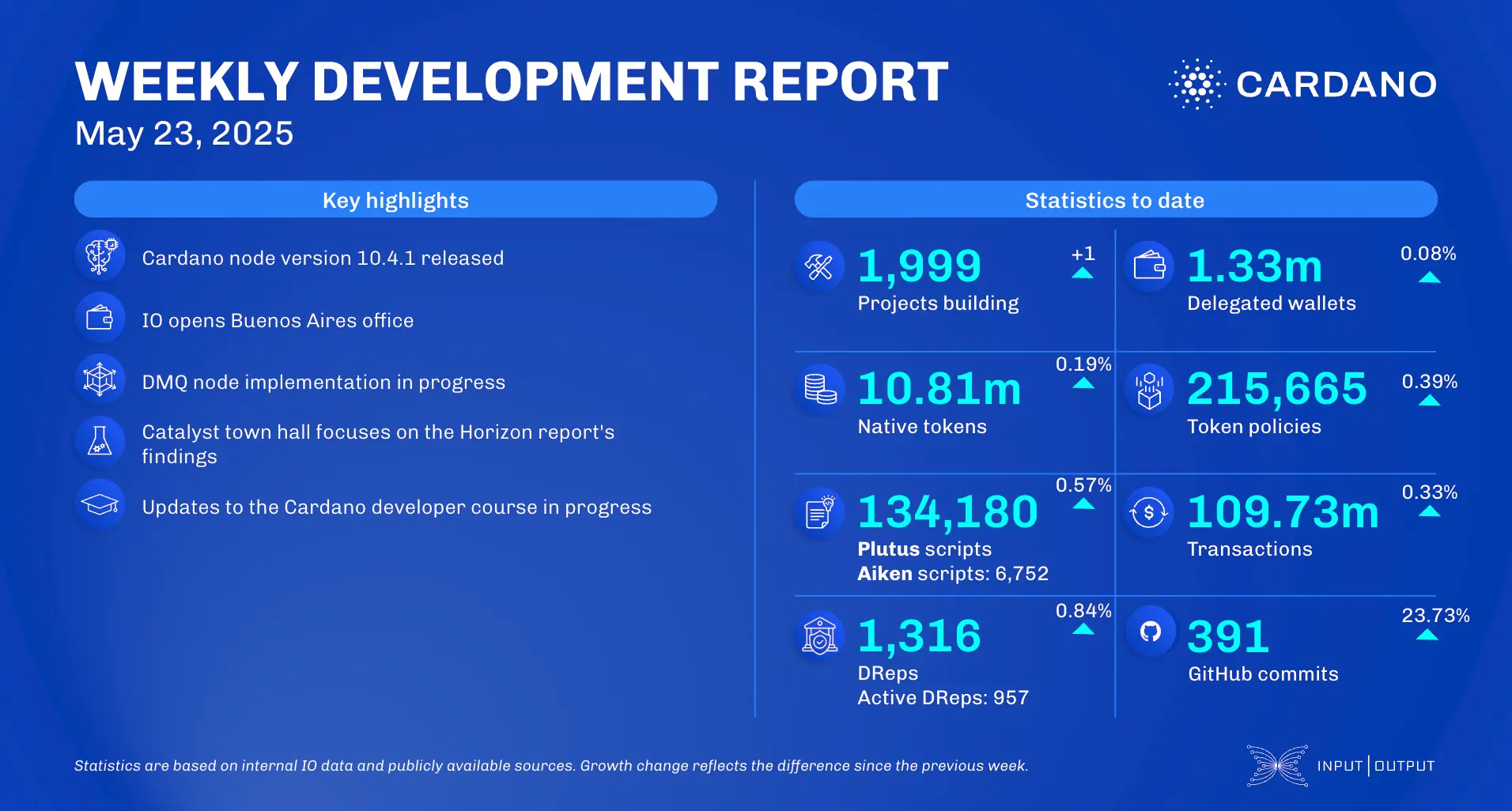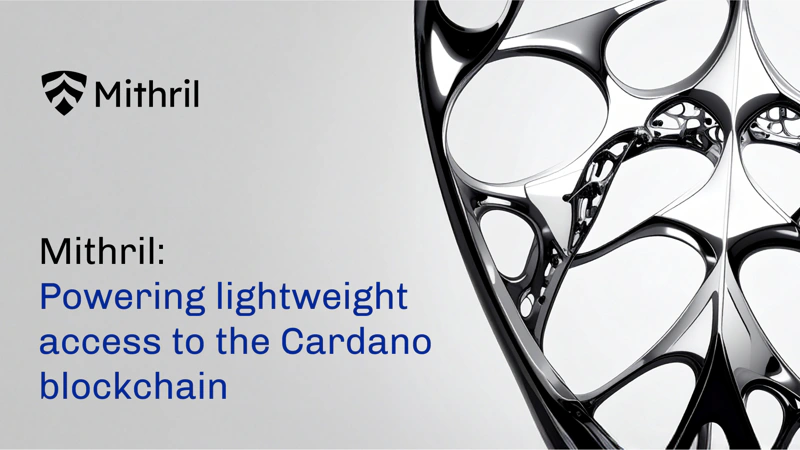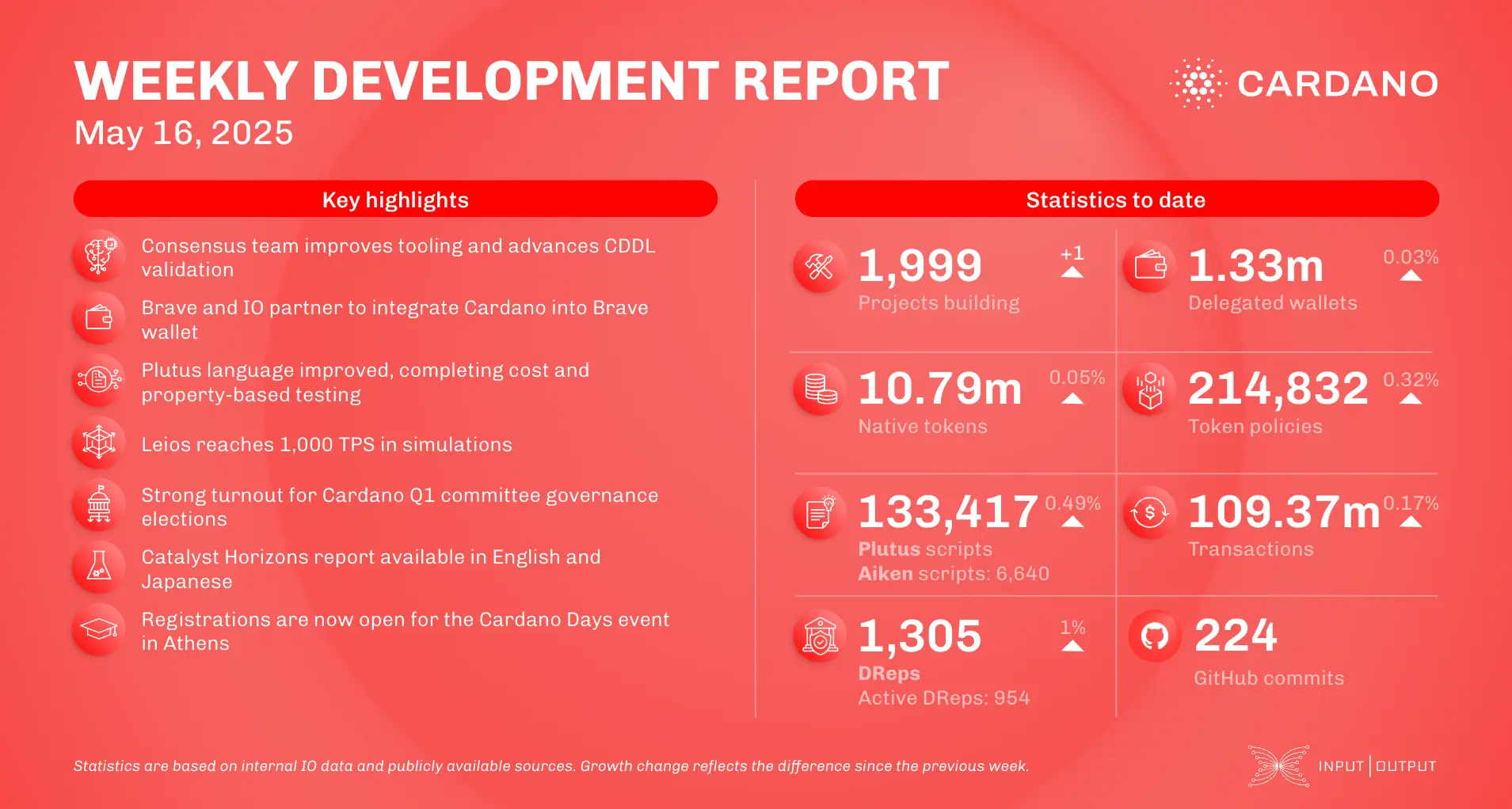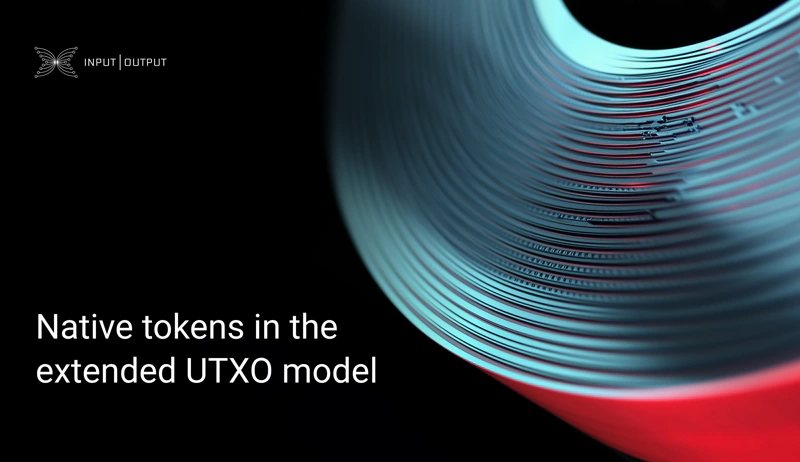Understanding Cardano: introducing the Cardano Blueprint
On June 20, 2025, Input Output Global (IOG) introduced the Cardano Blueprint, a comprehensive, open-source reference guide to the platform. This living document is designed to be a single source of truth, detailing Cardano's core components, architecture, protocols, and design principles. The Blueprint aims to enhance transparency and accessibility for developers, researchers, and the wider community. By providing a standardized technical reference, it seeks to improve the onboarding process and foster a deeper understanding of Cardano's intricacies.
